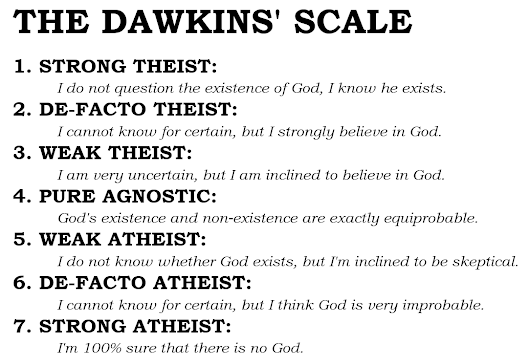How did I determine that [For bacteria to evolve by beneficial mutations one at a time would take much, much longer than three or four billion years]? was from a clipping by a Professor Frantisek Vyskocil who did research in neurophysiology. He got that information from a Russian scientist and professor.
OK. I haven't seen the argument, and at this point, I lack sufficient evidentiary support to believe it. I'm not sure why a neurophysiologist is commenting on bacteriology, genetics, or evolution, or why some consider him authoritative when the scientific community doesn't. The theory of evolution is still standing strong. Can you paraphrase the argument? And who is the Russian scientist and professor?
So, what made these life-less building blocks live, or where does the spark of life come from ?
We don't know with certainty, but in my opinion, the best idea at this time is that life assembles itself spontaneously due to the laws of chemistry and thermodynamics whenever and wherever the proper conditions are present. The spark of life is the oxidation of energetic molecules by a biological system, a kind of a very slow burn that powers cellular metabolism, movement, growth, repair, etc...
Antony Flew (4/8/2010) concluded that DNA research has shown by the almost unbelievable complexity of the arrangments which are needed to produce life, that intelligence must have been involved.
Were you aware that Dr. Flew developed dementia toward the end of his life, right about the time he is alleged to have converted from atheism to deism?
Complexity is not an infallible sign of intelligence. Irreducible complexity in a biological system would require an intelligence, but not mere complexity.
Flew's argument is a logical fallacy called arguing from incredulity. What he's telling us is that he just doesn't see how life could exist without the help of intelligence, so therefore, it didn't.
Also implied is the special pleading fallacy that cellular complexity requires intelligent input, but not the complexity of the intelligent agent, which would presumably be orders of magnitude more complex than the complexity in the cell.
Gambling in a sense could be a 'form of worship' if gambling is what is put first in a person's life.
How would one worship gambling? By gambling? By gambling excessively? Can somebody that doesn't gamble worship gambling - perhaps by building an altar to it?
A recurring theme in this thread is the meaning given to words like religion, atheist, agnostic, god, faith, and now worship. It is perfectly possible to live one's life without worshiping anything or anybody.
divine involvement is required as we shall see as the world scene escalates.
Life has never been as good for as many as it is now. Today people live longer, are healthier, are safer, are more comfortable, and live easier lives with the assistance of machines that do much of the menial labor.
That warning is sounded out so that No one can say they did Not know that being wicked would lead to their everlasting destruction.
In Christianity, simply being an unbeliever is called wicked.
- "Do not be yoked together with unbelievers. For what do righteousness and wickedness have in common? Or what fellowship can light have with darkness?"- 2 Corinthians 6:14
I presume that the same is true for Islam. So what do you tell the Muslims when they say the same thing to you - you were warned that you needed to cleanse yourself of wickedness by replacing your Bible with a Qur'an, and Jehovah with Allah, or you will be be destroyed when you meet Allah? You tell him that you don't believe that. He ominously repeats that you were warned.
Then, eventually, you die and face Allah, who punishes you in the extreme. You claim that that is unfair. You had no way to know to take that warning seriously rather than the one you chose. And you are simply told that it's your fault for not complying. You were warned. What would you think if you were treated so harshly for heeding the wrong warning with no clear way to know which if either to heed?

